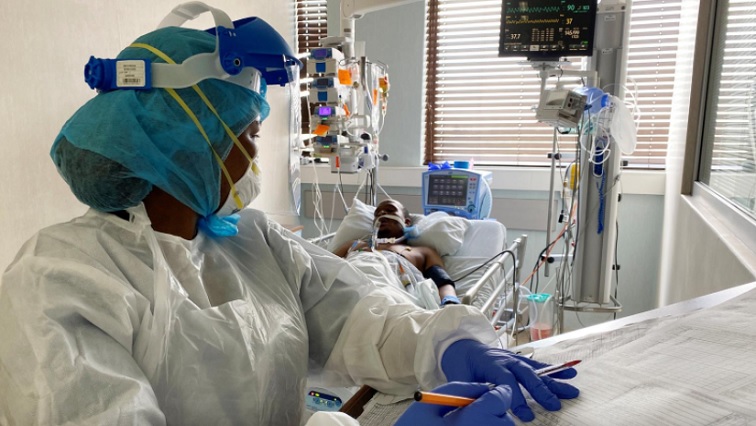A new survey released by insurance group Santam indicates the struggling economy, political unrest, cybercrime and the COVID- 19 pandemic are now the biggest risk factors to business and consumers.
The Santam Insurance Barometer 2020/2021 polled more than 950 respondents across the country and looked at some of the biggest risks facing businesses and consumers.
It also highlighted changes facing the short-term insurance industry and how the sector needs to adapt to the evolving landscape in the wake of COVID- 19.
The survey, which was launched in 2019, included data from the end of last year until the first quarter of 2021. Around 400 respondents were between 30 and 44 years-old and had an income of more than R20 000 a month.
Santam Executive Andrew Coutts highlights some of the risks facing South African consumers and businesses.
The economy we know is the lead impact, it was also the leading impact in 2019. But the big one coming up has been the impact of COVID- 19. It wasn’t there in 2019, it has really come onto the scene and talks about how much we have to accommodate in terms of the new ways of working. And then another one that has been there had been the political unrest but we didn’t see it rolling forward into the very violent looting that we saw.”
Consumer behaviour
Coutts says consumer behaviour changed during the year, and the sector had to deal with new challenges. The survey showed an 18 % year-on-year decline in motor claims and this continued into the first quarter of 2021 as more people worked from home.
“50% of our respondents said they travelled less during the lockdown, there was a 44% decline, a move from an average 162 km per week down to just 90, that’s a fundamental shift and then again we had an uptick on the reverse side with utilisation of technology, with a lot of more people now being actively engaged. Use of technology coming up strongly.”
Claims against Geysers increased, while crime-related claims dropped by 16 % year on year. However, there was an increase in property claims by the commercial sector due to building fires and loss of income because of lockdown regulations. Motor claims from businesses also recently picked up as the economy opened up.
“People are more at home and living within their communities, we see the opportunity for crime has decreased. Overall personalised claims were down by 6% year on year, a significant shift that we did see in the personalised space. In the commercial space, yes there was motor but very much property claims, so we saw claims increasing by seven percent and the average cost per claim in the building environment up by over 100 percent driven by very much by business interruption.”
Insurance sector adaptation to changes brought by COVID-19
Coutts says the insurance sector has had to adapt quickly to these changes
“We really saw the benefits of a good understanding of the clients and in other instances that were fundamentally missing. So a real opportunity for us to review how we assess risk going forward and how to sort out solutions for our clients going forward. The pandemic caught us by surprise, we were not well insured for this space and we were not able to be there for the customers and there is another space for us to do things differently going forward.”
Further findings of the survey
60% of those surveyed suffered financial loss due to retrenchments, 1% of those were able to use savings, while 19% had to borrow money from friends and family. The country’s hospitality industry was the hardest hit by COVID-19 and lockdown restrictions.
It laid off close to 60% of its staff and those businesses that remained open, reported a loss of 89%.
41% were forced to close.






